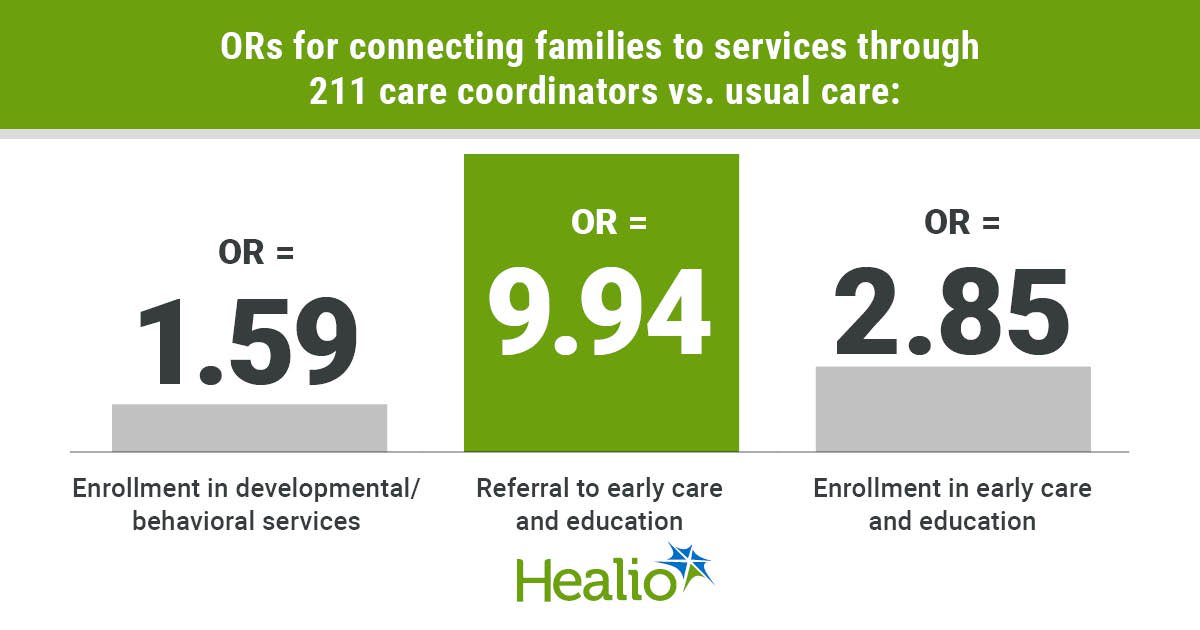November 07, 2025
2 min read
Key takeaways:
- Men with CKD had a 52% greater risk for cognitive impairment than women.
- Notably, women with CKD who experienced early menopause or had a shorter reproductive life had greater risk.
HOUSTON — Men and postmenopausal women with chronic kidney disease may have a greater risk for cognitive impairment, according to data presented at ASN Kidney Week.
In the general population, women typically have a greater risk for cognitive decline than men, according to Ester Oh, PhD, MS, assistant professor in the division of renal diseases and hypertension at the University of Colorado Anschutz Medical Campus. However, sex differences impact health outcomes in kidney care differently, she said.


Ester Oh
“Kidney disease is more strongly associated with vascular dementia than with other types of dementia, such as Alzheimer’s disease,” Oh told Healio. “Notably, men with CKD have a higher risk of cardiovascular events and mortality than women, which may have important implications for their increased risk of vascular dementia.”
To better understand how sex differences impact cognitive risks, Oh and colleagues reviewed data from 1,343 men (mean age, 58 years; 63% white) and 1,117 women (mean age, 57 years; 50% white) with CKD who participated in the Chronic Renal Insufficiency Cohort study. Cognitive impairment was determined if a patient scored greater than 1 standard deviation on the Modified Mini-Mental State Examination.
After adjustment for baseline demographics, cardiovascular risk factors and kidney function, the researchers found men with CKD had a higher risk for cognitive impairment compared with women (adjusted HR = 1.52; 95% CI, 1.2-1.89).
“Our findings further support the connection between kidney disease and risk of vascular dementia for men,” Oh said.
However, results of a subgroup analysis of 636 postmenopausal women with CKD (mean age, 61 years; 48% white) showed younger postmenopausal women (aHR = 1.03; 95% CI, 1.002-1.05) or women with a shorter reproductive lifespan (aHR = 1.03; 95% CI, 1.01-1.06) had a great risk for cognitive impairment.
“These findings suggest that sex-specific factors may influence the risk of cognitive impairment differently in men and women,” Oh said.
The elevated risk for cognitive decline among men with CKD and certain postmenopausal women need consideration in clinical practice, Oh said.
“Incorporating these sex-specific considerations into clinical care and future research could help improve early detection and prevention of cognitive decline in this high-risk population,” she said.
For more information:
Ester Oh, PhD, MS, can be reached at nephrology@healio.com.











